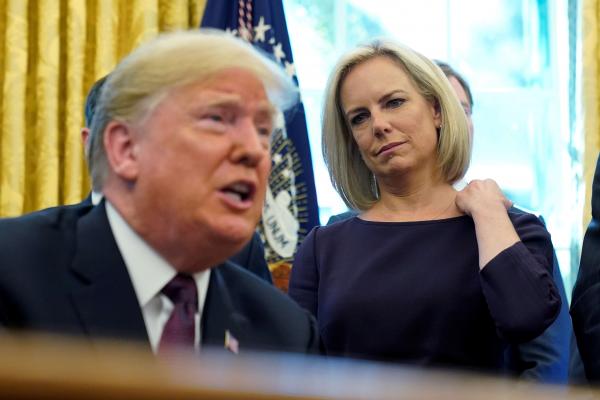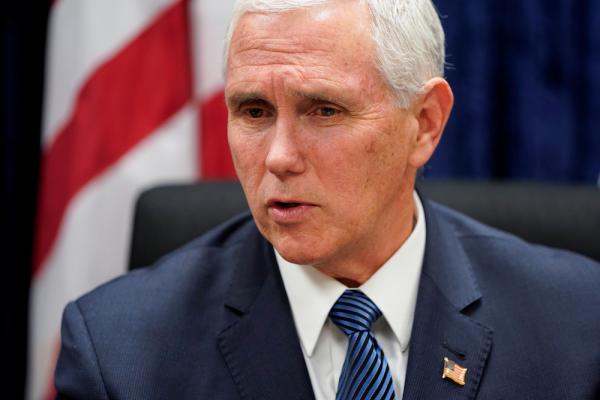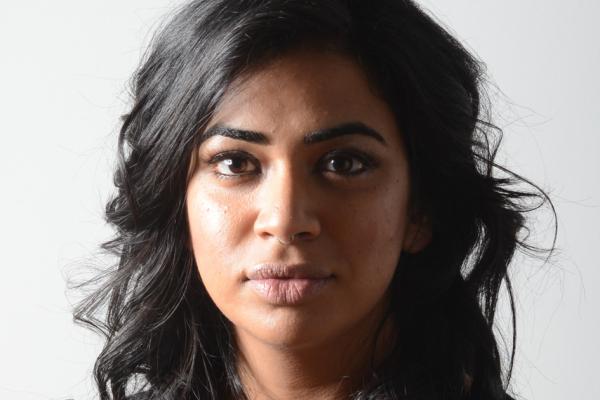It will come as no surprise when President Trump continues his anti-immigrant agenda, ignoring well-established U.S. asylum law and putting children and families in harm’s way even after Secretary Nielsen’s abrupt departure. We know that President Trump forced Secretary Nielsen to resign to find someone willing to enforce even more cruelty at the border. The question now is what unchecked harm he will unleash after the purge of the Department of Homeland Security is complete.
In seeking to better steward their resources, Christians may sometimes wonder how their giving to the poor and marginalized might better reflect God’s ultimate gift and sacrifice. The truth is that giving well and wisely isn’t easy – as givers from Andrew Carnegie to Warren Buffett have observed – and it requires wisdom and its own set of skills.
According to the Pew Center, “if demography is destiny, then Christianity’s future lies in Africa. By 2060, a plurality of Christians – more than four-in-ten – will call sub-Saharan Africa home, up from 26% in 2015.” In 1910 there were 2 million Christians in Africa. Today there are 650 million, with an estimated 200 million evangelicals. The explosive growth of the church across Africa represents a trend that far too few Christians in the West fully understand and that will likely reshape and over time transform the face of Christianity globally. Experiencing the AEA Plaza grand opening and participating in a range of side meetings and conversations over the past three days with African evangelical leaders has left me with greater hope about the future of the evangelical church and the future of Africa.
Each spring Lent is a season on the church calendar, beginning on Ash Wednesday and concluding on Easter, which prepares Christians for Easter. The believer prepares his or her heart to celebrate Christ’s resurrection by embracing practices of prayer and repentance. An important part of experiencing Lent is walking through lament.
In my Mexican heaven, my grandfather's hands would be calloused from turning pages of poetry. He would be sitting at the dinner table, sipping coffee, and reading, looking up as I walked out the door to tell me “que dios te bendiga mijo.” He wouldn’t sing hymns or shout hallelujah, but every evening at the same time he’d sing the song “Gema” to my grandmother.
Nielsen’s role in family separation, Islamophobia in Brazil and in the past, friends officiating weddings, and more!
Early Thursday morning, Taylor University announced its choice of U.S. Vice President Mike Pence as its commencement speaker. As a TU alum, who regularly spends time on the campus talking to faculty and students, I was completely taken aback by this announcement. It wasn’t just me who was surprised. The majority of the faculty expressed their opposition to the choice of Pence in a faculty meeting following this announcement. Many students also are shocked by the selection, some of whom have signed a petition denouncing the selection of Pence.
In the newest cinematic Mary Magdalene, directed by Garth Davis from a script by Helen Edmundson and Philippa Goslett, Mary isn’t confused at all. I don’t think anyone was expecting a film with that title to appear unironically in 2019; it's also a genuine surprise that it wasn’t made for the Christian market, nor does it aim for the kind of dry, “noble” distance that makes large-scale biblical epics such as Ben-Hur seem like Downton Abbey, upstairs, with sandals. The fact that Mary Magdalene contains decent performances (especially Rooney Mara’s Mary, not a doe-eyed holy innocent, but a leader who finds her voice by speaking), and makes an honest effort at exploring the less familiar parts of one of the most familiar stories in history makes it worth our attention. That attention may even be rewarded by an idea or two. It’s thoughtful, honest, yet not earth-shattering cinema, although it does bring its own revelation.
Nazia Kazi knows her history well: A Ph.D. in anthropology, she teaches courses on race, ethnicity, immigration, and Islam in the U.S. at Stockton University in Philadelphia. Kazi’s new book, Islamophobia, Race, and Global Politics, released Dec. 12 from Rowman & Littlefield, discusses the scope of Islamophobia in the U.S. from the country’s historical and political roots. Drawing on examples such as the legacy of Barack Obama, the mainstream media’s portrayal of Muslims, and the justifications given for some of America’s most recent military endeavors, Kazi highlights the vast impact of Islamophobia, connecting this to a long history of U.S. racism.
These faithful Christians may not realize that they have inherited the long historical lineage of Christianity that, since the early centuries of the common era, has partaken in a deliberate or unwitting de-Judaizing of Christianity. The distancing from its original Jewish leadership, the replacement of Passover with Easter, the changing of names: Yeshua to Jesus, Miriam to Mary, Saul to Paul, continue to this day, despite Christian scholarship, altruism, and the progressive ideal of honoring a diversity of cultures.








